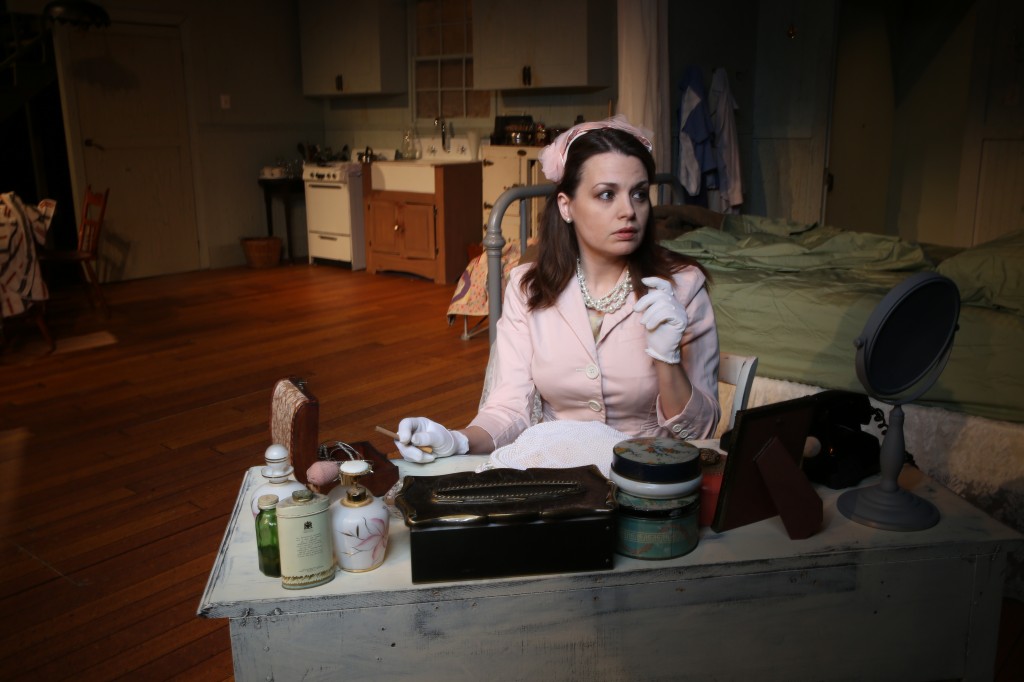
When Courtneay Sanders helped found The Playhouse Tulsa in 2008, she had a vision for what the theater troupe would become.
“We (Sanders and co-founder Chris Crawford) talked about wanting to come home and wanting to create a company that was professional and that we felt was raising the bar of theater here,” says Sanders, who returned to Tulsa after earning a graduate degree from the University of Arkansas-Fayetteville.
Though Tulsa already had a number of excellent companies, Sanders wanted to create one that would put Tulsa on the map and akin to legendary theater groups like the Steppenwolf company in Chicago.
Playhouse Tulsa has embraced that mission over the past six years. A tight-knit ensemble that regularly features the same actors, directors and set designers allows Playhouse to consistently present a cohesive vision at every performance.
“Having a company of people that know how the machine functions is really wonderful because you’re not retraining new people every show. It’s about building trust – it’s great to have that already established,” she says.
Sanders – the company’s artistic director – and her merry band have a desire to bring that solidarity to their repertoire. Along with such classics and standards as A Streetcar Named Desire and Othello, The Playhouse Tulsa has produced a number of boundary-pushing plays. 2010’s House & Garden surprised audiences as a single cast performed two different plays in neighboring theaters at the same time. Playhouse has also emphasized new dramatic works such as William & Judith written by playwright-in-residence Cody Daigle and featuring Sanders as the fictional sister of William Shakespeare.
Regarding budget cuts that have devastated arts education in schools, “if they (the arts) are not going to get taught in school, we want to take on that role as arts educators in the community,” Sanders says.
Playhouse puts on a show for small children every April and plans to offer theater classes to the community. Sanders hopes the company will one day offer an affiliated and accredited Master of Fine Arts program. With such a vision in place, The Playhouse Tulsa looks poised to continue its contributions to the Tulsa arts scene for many years to come.



























